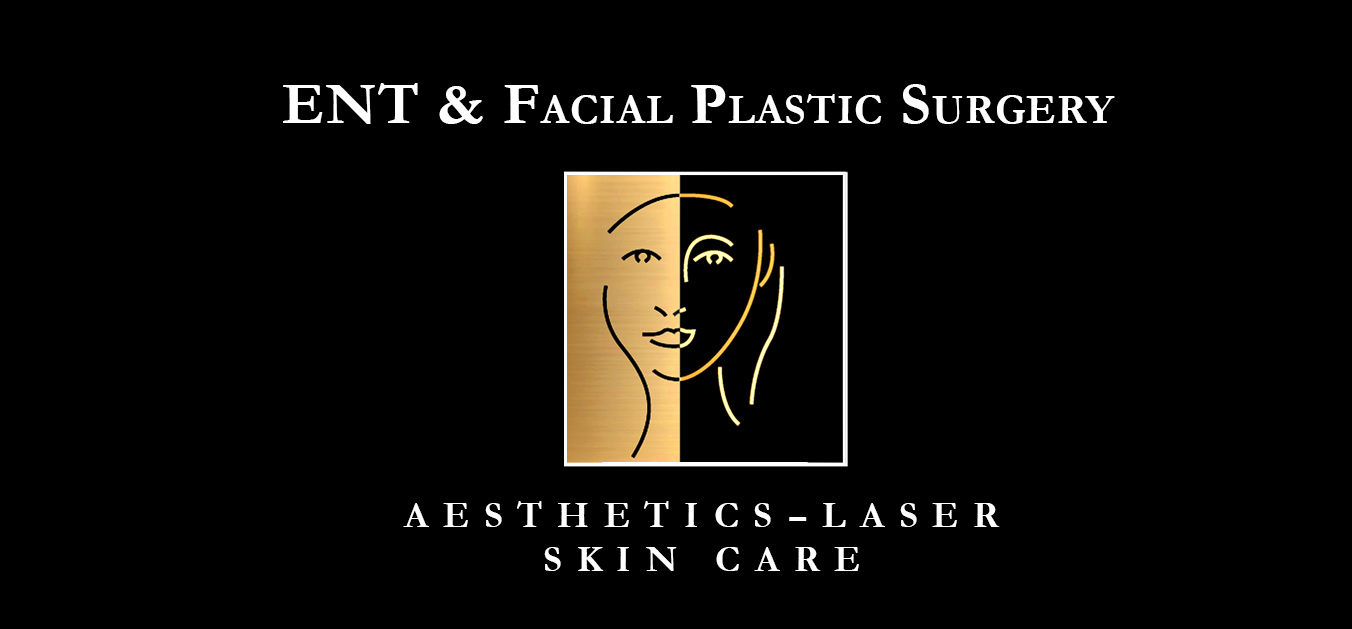Your salivary glands produce saliva, which plays an important role in your oral health and digestion. However, just like any other glands in your body, your salivary glands can also be affected by various disorders. These salivary gland disorders can range from minor issues such as dry mouth to more serious conditions like tumors.
What Are Salivary Gland Disorders?
Salivary gland disorders are conditions that affect your salivary glands. They can either cause your glands to produce too much or too little saliva, or cause obstructions in the ducts that transport saliva.
Some of the most common disorders include salivary stones (also known as sialolithiasis), Sjogren’s syndrome, salivary gland tumors, and dry mouth.
What Causes Salivary Gland Disorders?
Salivary stones are typically caused by a buildup of calcium or other minerals in the ducts that transport saliva.
Sjogren’s syndrome is an autoimmune disorder where the immune system mistakenly attacks the body’s own tissues, including the salivary glands.
Salivary gland tumors can be caused by a variety of factors. These include genetics and exposure to certain substances or radiation.
What Are the Symptoms of Salivary Gland Disorders?
Some common symptoms include dry mouth, swelling of the face or neck, difficulty swallowing, pain when opening the mouth, or a lump or swelling in the mouth or neck.
You may also experience a foul taste in your mouth or have trouble tasting food.
Treatment Options
Often times, simply drinking more water or stimulating saliva production through chewing gum or sucking on candy can help alleviate symptoms of dry mouth.
Salivary stones may need to be removed surgically if they are causing pain or preventing proper saliva flow.
In cases of salivary gland tumors, treatment options may include surgery, radiation therapy, or chemotherapy. Your healthcare provider will be able to recommend the best treatment option for your individual situation.
Learn More
If you are experiencing any salivary gland symptoms, please call our office to schedule a consultation with one of our highly skilled and experienced ENT specialists.


